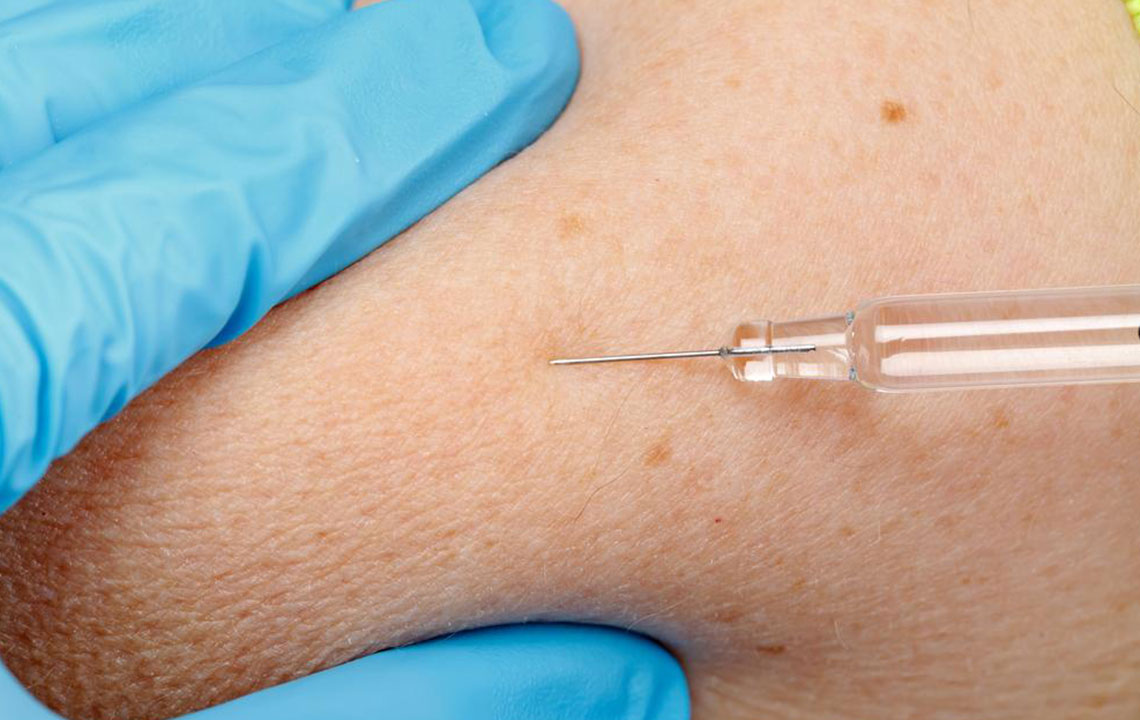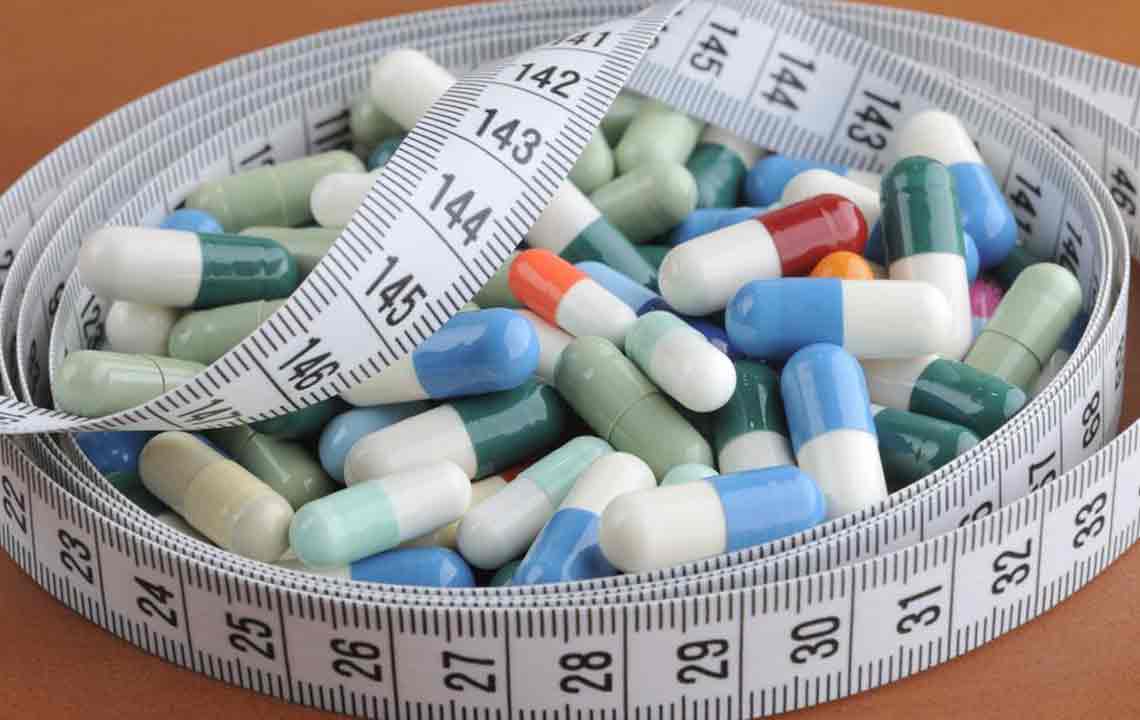Comprehensive Strategies for Restoring Low Testosterone Levels Naturally and Medically
This comprehensive guide explores natural and medical strategies to restore low testosterone levels, emphasizing lifestyle changes, dietary support, supplements, and hormonal therapy. Tailored for those experiencing symptoms like fatigue, decreased libido, and muscle loss, it provides detailed insights into effective treatments and lifestyle modifications to boost hormonal health. Addressing low testosterone early can significantly improve quality of life, physical performance, and overall wellbeing. Always consult healthcare professionals for personalized treatment plans to ensure safety and efficacy.

Effective Methods to Naturally and Medically Boost Low Testosterone Levels
Testosterone is an essential hormone that plays a crucial role in both male and female health. It is predominantly produced in the testes in men and the ovaries in women, with small amounts generated by the adrenal glands in both sexes. This hormone is fundamental in regulating various bodily functions, including the development of male reproductive tissues, the emergence of secondary sexual characteristics during puberty, muscle and bone mass maintenance, and influencing sexual desire and libido. In men, testosterone is often popularly associated with masculinity, strength, and vitality. In women, though present in lower levels, it still contributes significantly to energy levels, mood, and reproductive health.
As men age, particularly beyond the age of 30, their testosterone production tends to decline gradually. This natural reduction can have profound effects on overall health, sexual function, and well-being. Recognizing the early signs of low testosterone is vital for timely intervention and maintaining quality of life. Symptoms such as decreased libido, erectile dysfunction, fatigue, mood swings, increased body fat, diminished muscle mass, and hair loss are common indicators. If left untreated, low testosterone levels can also contribute to osteoporosis, depression, and decreased cognitive function.
Fortunately, there are numerous approaches—both natural and medical—that can effectively restore testosterone to healthy levels. These strategies are tailored to individual needs and health conditions and should always be implemented under medical supervision. Understanding these methods allows individuals to make informed decisions and adopt lifestyle modifications or treatments that best suit their specific circumstances.
Proven Ways to Manage and Improve Low Testosterone Levels
Engaging in Regular Exercise: Consistent physical activity, especially intense workouts and strength training, significantly stimulates testosterone production. Resistance exercises like weightlifting promote muscle growth and bolster hormonal health. For younger men, staying active is one of the most effective natural methods to maintain or increase testosterone levels. Incorporating high-intensity interval training (HIIT) can further boost hormone secretions, leading to improved mood, energy, and physical performance.
Additional interventions and lifestyle modifications include:
Cardiovascular Training: Incorporating aerobic exercises like running, cycling, or swimming can help reduce excess body fat. Excess adipose tissue, particularly around the abdomen, is often linked to lower testosterone levels due to increased aromatase activity that converts testosterone into estrogen. By reducing body fat, men can improve their hormonal balance, which in turn can elevate testosterone production.
Dietary Adjustments and Nutritional Support: Eating a balanced diet rich in specific nutrients is vital for hormonal health. Focus on foods that are high in zinc and vitamin D, which are crucial for testosterone synthesis. Examples include:
Tuna and Fatty Fish: Rich sources of vitamin D that can naturally support testosterone levels.
Lean meats such as beef and poultry: Provide zinc, a mineral essential for hormone production.
Egg Yolks: Contain cholesterol, the precursor for testosterone synthesis, and also provide vitamin D. Those with cholesterol concerns should consume eggs in moderation.
Fortified cereals and low-fat dairy products: Excellent sources of vitamin D suitable for diverse dietary needs.
Legumes like beans: Rich in zinc and vitamins supporting overall hormonal health.
> Maintaining a diet that emphasizes these nutrients can support natural testosterone production and improve overall vitality.
Natural Supplements: Herbal supplements marketed as testosterone boosters are widely available, but scientific evidence supporting their effectiveness varies. Some herbs like tribulus terrestris, fenugreek, and ashwagandha are believed to help increase testosterone levels, but results are inconsistent. It is highly recommended to consult healthcare professionals before initiating any supplement regimen to ensure safety and appropriate dosing.
Medical interventions are sometimes necessary, especially when natural approaches are insufficient:
Hormone Therapy: The most direct way to correct low testosterone is through supervised hormone replacement therapy (HRT). Medications such as testosterone gels, patches, or injections can effectively restore normal hormone levels. These treatments are carefully administered by healthcare providers to optimize benefits and minimize side effects. Regular monitoring is essential to ensure safety and adjust dosages as needed.
Testosterone Injections: For severe cases or when other treatments have failed, testosterone injections may be prescribed. They provide rapid elevation of hormone levels but may carry risks such as fluctuations in hormone levels, increased red blood cell count, and potential cardiovascular issues. Patients should discuss the benefits and risks with their healthcare provider before opting for injections.
In conclusion, managing low testosterone involves a multifaceted approach that includes lifestyle modifications, dietary improvements, natural supplements, and, when necessary, medical treatments. Addressing the condition early can help prevent long-term health issues and improve quality of life. Consulting with healthcare professionals is vital to developing a personalized plan that safely and effectively restores hormonal balance, leading to increased vitality, better mood, and enhanced overall health.





